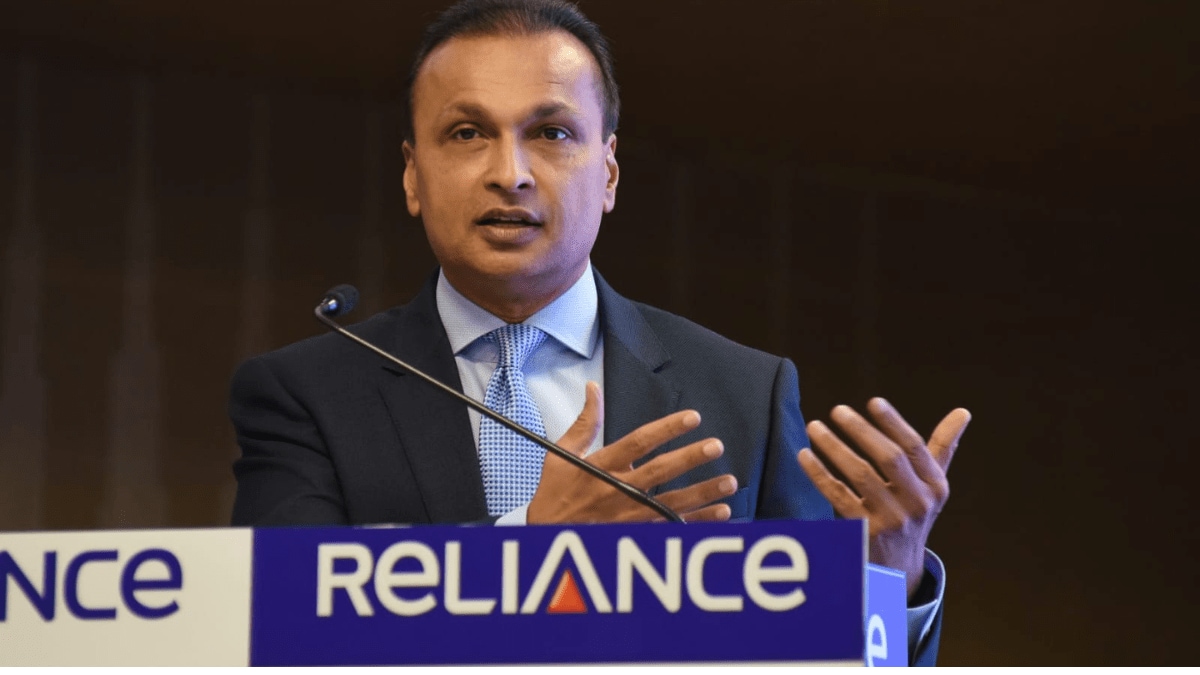Google has launched the Pixel 9 series. At its heart, is the new Tensor G4 chip, a custom processor designed in collaboration with Google DeepMind. This chip not only enhances performance but also drives the Pixel 9’s AI-powered features, making it one of the most powerful and intelligent smartphones on the market, according to Google.
The Tensor G4 chip is more than just a processor; it is the brain of the Pixel 9 series, designed to optimise everyday use cases and provide a seamless user experience.
According to Soniya Jobanputra, a key member of Google’s Pixel product management team, the Tensor G4 was built with a focus on real-world efficiency rather than just raw power. “When we are designing the chip, we’re not designing it for speeds and feats. We’re not designing it to beat some specific benchmark that’s out there. We’re designing it to meet our use cases,” Jobanputra explained in an exclusive interview with financialexpress.com on the sidelines of the Made by Google event 2024.
This approach ensures that the Pixel 9 series delivers a performance that directly benefits users in their daily interactions with their devices.
One of the primary goals in developing the Tensor G4 was to improve the speed and efficiency of opening apps. “We knew that we had a pain point with opening apps. And so as we built G4, we really focused on, okay, what do we need to do to make sure that experience is better for users,” Jobanputra added. This focus on user experience should be evident in the Pixel 9’s ability to handle multiple tasks effortlessly, due to the chip’s optimised processing power. (Google isn’t sharing technical details like the manufacturing node or even the core count at the time of writing.)
AI at the core: Gemini Nano with Multimodality
What sets the Tensor G4 apart from other processors is its deep integration with AI. Designed in collaboration with Google DeepMind, the Tensor G4 is optimised to run Google’s most advanced AI models, including Gemini Nano with Multimodality. This advanced AI model allows the Pixel 9 series to understand and process text, images, and audio in a way that mimics human cognition. This capability is not just a technological feat but a game-changer in how users interact with their smartphones.
The Pixel 9’s AI capabilities are further enhanced by a significant upgrade in memory. The base Pixel 9 model comes with 12GB of RAM, while the Pixel 9 Pro and Pixel 9 Pro XL boast 16GB of RAM. This increase in memory ensures that the AI-powered experiences run smoothly, allowing for real-time processing of complex tasks without any lag. This upgrade is particularly important for features like Gemini Live, which relies on the Tensor G4’s AI capabilities to offer a seamless conversational experience.
“We take that same approach to our TPU (Tensor Processing Unit). We work with the DeepMind team looking at the long range kind of forecast of where the models are going and what kind of models we want to run on device. What size is it? How big is it? How fast do we need to process it? What other elements of the chip are going to prevent it from running faster, like memory bandwidth really comes into play when we are designing for these use cases that are using these Gemini on-device models. So we take all of that into account when we are building and designing our chips,” said Jobanputra.
One of the most exciting features enabled by the Tensor G4 chip is Pixel Studio, a first-of-its-kind image generator. Powered by a combination of an on-device diffusion model running on Tensor G4 and Google’s Imagen 3 text-to-image model in the cloud, Pixel Studio allows users to create high-quality images directly on their devices. “We’ve made an improvement on the CPU and we’ve kind of constantly tweaked the efficiency of the chip as we’re going through generation to generation,” Jobanputra noted, emphasising the continuous evolution of the Tensor chip to meet the needs of modern users.
Annual cadence and continuous improvement
While the Tensor G4 represents a significant leap forward, Google is already looking ahead to future iterations of its custom silicon. Although Jobanputra did not provide specific details about upcoming developments, she highlighted the importance of maintaining a continuous cycle of improvement. “We don’t have any forward-looking information that we’re sharing, but we do think it’s super important that we’re building the right chip for the experiences that we’re trying to put out every single year,” she explained. This commitment to annual updates ensures that Google stays at the forefront of mobile technology, constantly pushing the boundaries of what is possible with AI and custom silicon.
Another key aspect of the Pixel 9 series is its deep integration with Google’s ecosystem of products and services. This integration is not just about adding new features but about creating a cohesive and seamless experience for users. “We’re focused on making sure that we’re bringing the best of Google to our Pixel devices,” Jobanputra said when asked if ChatGPT would be integrated into its devices (in addition to Gemini), in the same way that Apple is doing with Apple Intelligence.
This philosophy is evident in the way Google has incorporated its AI capabilities into the Pixel 9, making it a showcase for the company’s latest innovations.
One of the standout features in this regard is Gemini Live, an AI-driven conversational experience that is available to all Gemini Advanced subscribers. This includes owners of the Pixel 9 Pro, Pixel 9 Pro XL, and Pixel 9 Pro Fold, who will receive a year of Gemini Advanced with their purchase. Gemini Live allows users to have free-flowing conversations with Google’s AI, with the ability to interrupt or pause the conversation as needed. This hands-free experience is designed to make AI more accessible and useful in everyday life.
Balancing partnerships
One of the challenges Google faces as it continues to innovate with the Pixel series is balancing its partnerships with other companies, particularly Samsung. As a major player in the Android ecosystem, Samsung has its own line of flagship devices that compete directly with the Pixel series. However, Google remains committed to ensuring that the best of its technology is available to all Android users. “You can see it from the outside. It’s a tough balance, for sure. But I think our priority as we go, first and foremost, is Android,” Jobanputra said. This commitment to the broader Android ecosystem is a key part of Google’s strategy, ensuring that innovations like Gemini AI and Circle to Search are accessible to a wide range of users.
At the same time, Google is dedicated to making the Pixel series the premier showcase for its latest technologies. “Our second priority is making sure that we can bring the best of Google on our Pixel devices, and so we do have our own exclusive features,” Jobanputra added. This approach allows Google to maintain its position as a leader in mobile technology while also supporting its partners and the wider Android community.







